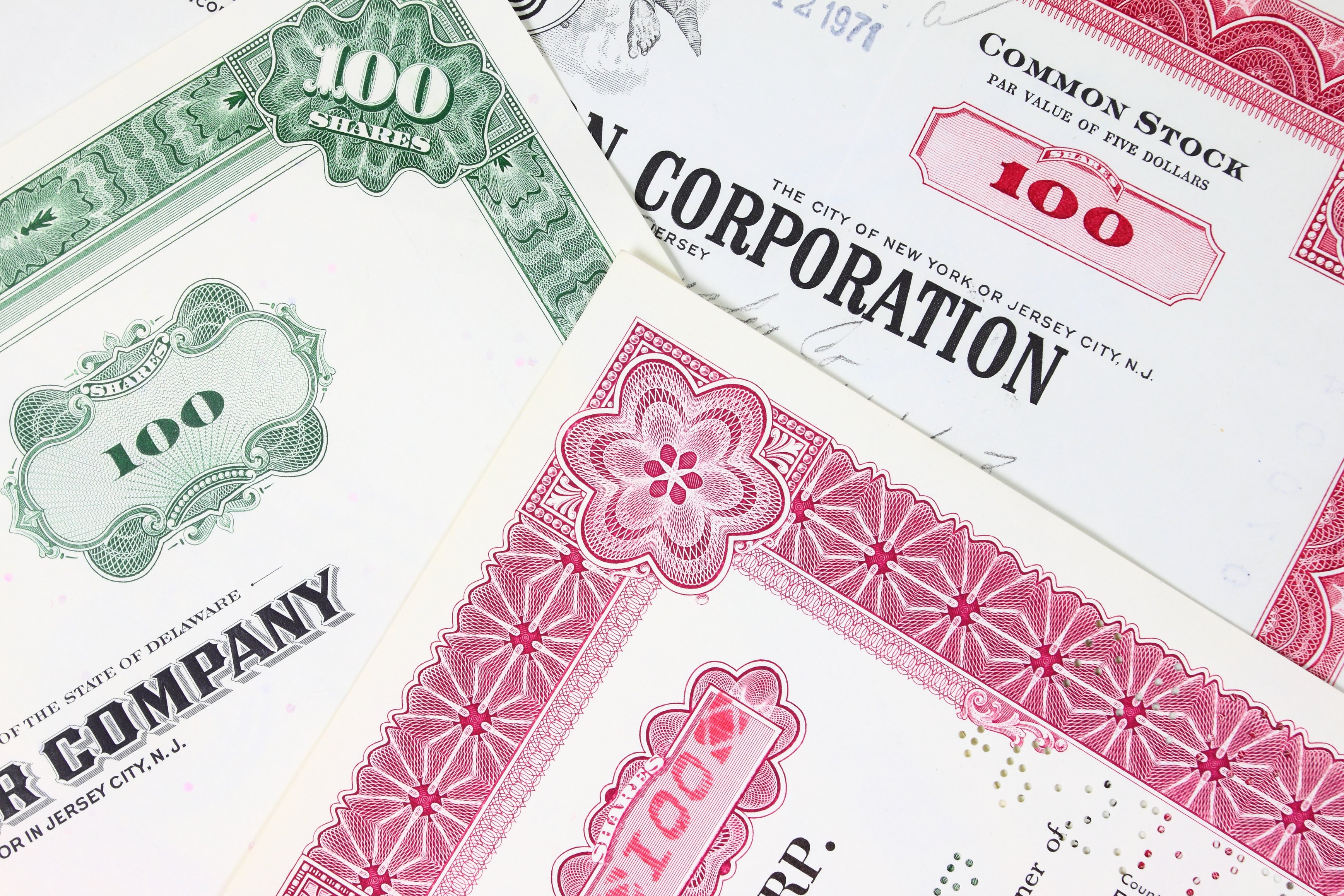At The Motley Fool, we poke plenty of fun at Wall Street analysts and their endless cycle of upgrades, downgrades, and "initiating coverage at neutral." Today, we'll show you whether those bigwigs actually know what they're talking about. To help, we've enlisted Motley Fool CAPS to track the long-term performance of Wall Street's best and worst.
And speaking of the worst ...
Over at MKM Partners, analysts are warning investors to get out of Eli Lilly (NYSE: LLY) ASAP. Sure, Lilly's sub-10 P/E ratio makes its shares cheaper than those of other Big Pharma names. Pfizer (NYSE: PFE), for example, costs nearly 15 times earnings, Johnson & Johnson (NYSE: JNJ) 16 times, and GlaxoSmithKline (NYSE: GSK) 45 times! But if you ask MKM, Lilly's skipping along a lot closer to the patent cliff than some of its competitors and deserves to trade at an even bigger discount.
According to MKM, the buy thesis for Lilly, if there is one at all, depends almost entirely on its new solanezumab Alzheimer's treatment. But unless getting through phase 3 trials and bringing a new drug to market turns out to be much easier than pronouncing the new drug's name, MKM sees significant downside risk for Lilly. While some analysts argue that FDA approval, followed by a successful launch, could net Lilly as much as $5 billion in annual sales, MKM warns that without solanezumab, Lilly's likely to see its earnings decline by nearly 9% per year over the next four years.
Doh!
"Doh," indeed. Yes, Lilly's 10 P/E ratio looks cheap relative to the alternatives in Big Pharma. But the prospect of investing in a company with declining earnings is frightening enough to give sleepless nights to the most dedicated deep value investor.
It probably doesn't help matters any that MKM is developing quite a reputation for being right about the stocks it picks. According to our records on CAPS, MKM now ranks in the top 10% of investors we track. It's also managed to pick at least two winners in the Pharma space -- Pfizer and Merck (NYSE: MRK) -- lending it additional credibility in the Lilly debate. Yet ... mightn't MKM be overestimating the risks at Lilly?
Break glass in case of emergency
I mean, nobody enjoys seeing a stock report lower and lower earnings, year after year. But Lilly's not without levers to pull to get itself out of this jam. For example, the company generated $6.8 billion over the past 12 months in free cash flow -- nearly 50% more than its reported net income. Were Lilly to direct this firehose of cash upon its own share count, it could wash away nearly 15% of its share count annually -- easily offsetting any decline in overall net income by simply reducing the number of shares among which net income gets divvied up.
Alternatively, Lilly could, as I've hypothesized in regard to Pfizer, shore up its leaky patent portfolio with a purchase of a smaller drugmaker -- someone with a hit drug on its hands, but lacking the cash needed to expand production, finance the drug pipeline, and build demand for the product among retail customers.
Foolish takeaway
Mind you, I don't mean to understate the risks to Lilly as its patents slowly tumble over the cliff, one after the other. I'm not even saying the MKM is necessarily wrong about the stock -- if truth be told, I'm a bit leery of investing in stocks with declining earnings forecasts! All I'm saying is that Lilly is not without options here. The situation may not be as bad as it looks, and a decision to sell short today could turn around and bite you tomorrow. Caveat investor.
More comfortable investing in growing businesses than in (apparently) dying ones? I don't blame you one bit. In fact, we tend to prefer such investments here at the Fool as well. Read about five such companies that we like in the Fool's new -- and free! -- report: " 5 Stocks The Motley Fool Owns -- and You Should, Too ."
Editor's note: A previous version of this article incorrectly referred to Eli Lilly's Alzheimer's treatment solanezumab as a vaccine. The Fool regrets the error.

